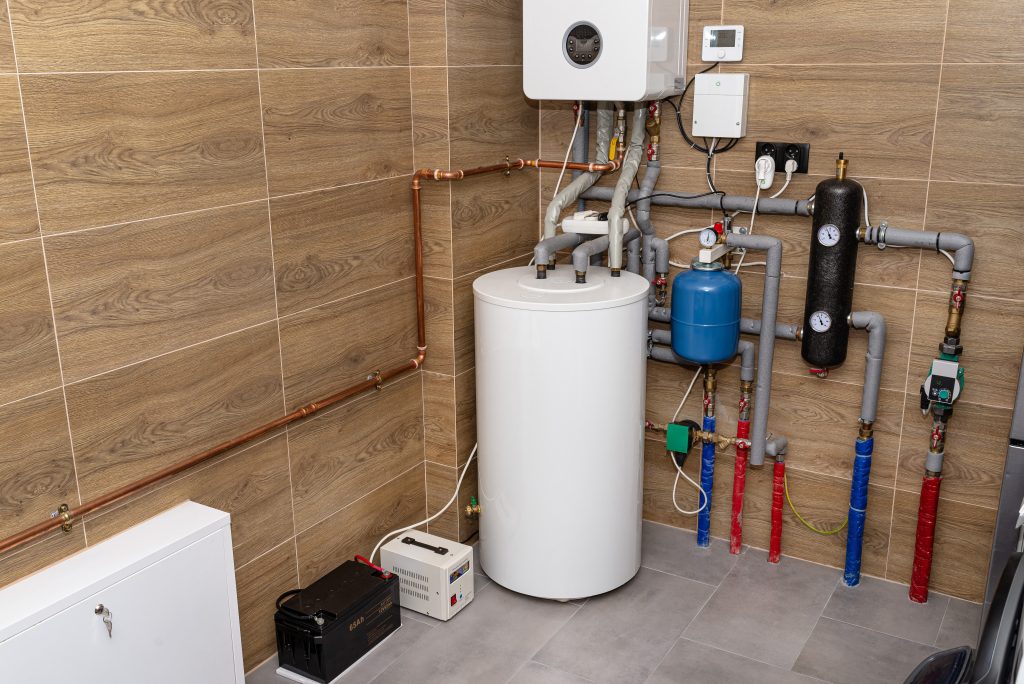Why Professional Toilet and Faucet Repairs Matter
Why Professional Toilet and Faucet Repairs Matter Toilets and faucets…

Homeowners often choose between traditional and increasingly popular tankless water heaters. Both options have distinct advantages and drawbacks, and the best choice for your home depends on various factors such as your household size, water usage habits, and energy efficiency goals. To help you make an informed decision, Clarks Plumbing in Middletown, DE, provides expert insights into the key differences between tank and tankless water heaters.
Tank water heaters, also known as storage water heaters, have been the standard in many households for decades. These units feature a large tank that stores and heats a substantial amount of water, typically ranging from 20 to 80 gallons. The heater maintains the water at a constant temperature, ready for use whenever needed.

Tankless water heaters, also known as on-demand water heaters, heat water only when needed. When you turn on a hot water tap, cold water travels through a pipe into the unit, where either a gas burner or an electric element heats it. It eliminates the need for a storage tank.

When deciding between a tank and tankless water heater, consider the following factors:
At Clarks Plumbing, we understand that choosing the right water heater is crucial for your home’s comfort and efficiency. Our experienced team is here to provide personalized advice and professional installation services to ensure you select the best water heater. Whether you opt for a traditional tank water heater or a modern tankless system, we are committed to delivering reliable, high-quality solutions. Contact Clarks Plumbing today at (443) 485-7336 or visit our website to learn more about our water heater services and schedule a consultation. For more insights and tips, visit our blog to help you make an informed decision and enjoy the benefits of a water heater that perfectly suits your home.
Why Professional Toilet and Faucet Repairs Matter Toilets and faucets…
The Benefits of Hiring Licensed Plumbers for Commercial Plumbing Projects…
Common Commercial Plumbing Problems in Office Buildings Commercial plumbing systems…
The Importance of Regular Sewage Pump Maintenance Maintaining a well-functioning…
DIY Leak Repair Tips vs. Professional Services: Should You Fix…
Commercial Plumbing Challenges and Solutions Learn about common commercial plumbing…
Choosing Between Tank and Tankless Water Heaters: Expert Insights from…
Dealing with clogged drains, whether a slow-draining sink or a…
When it comes to plumbing issues, whether at home or…
The Essentials of Residential Plumbing Maintenance Maintaining your home’s plumbing…
When to Call for Emergency Plumbing: Signs You Can’t Ignore…